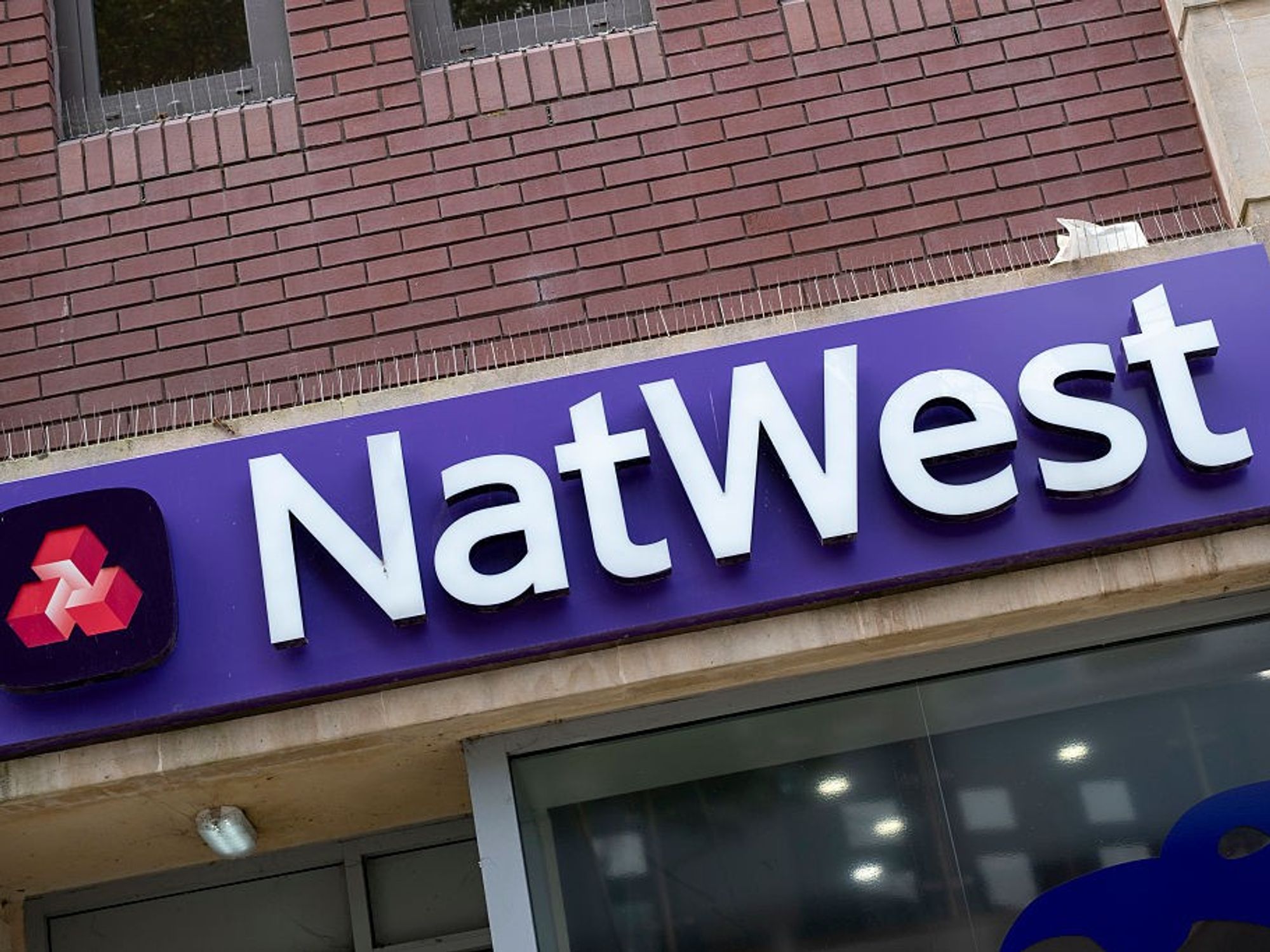UK retail bosses warn higher prices and job losses 'inevitable' after Budget

Tesco, Sainsbury's, Asda, Marks & Spencer and Next have signed an open letter expressing grave concerns about the impact of National Insurance changes announced in the Budget
Don't Miss
Most Read
More than 70 of Britain's largest retailers have warned Chancellor Rachel Reeves that her National Insurance hike will lead to job losses and inevitable price increases across the high street.
The retailers claim that a combination of new costs, including increased employers' National Insurance, higher minimum wage requirements and new packaging levies, could burden the industry with up to £7bn in additional annual expenses.
Major chains including Aldi, Lidl, Boots, Ocado, Morrisons, Greggs and JD Sports signed the open letter despite reported attempts by the Treasury to discourage them from doing so.
The Budget changes include a significant £25.7bn increase to employers' National Insurance contributions, with the rate rising by 1.2 percentage points to 15 per cent from April.
The threshold at which employers must start paying National Insurance on each employee's salary will also drop from £9,100 to £5,000 per year.
Tesco alone could face a £1bn increase in its National Insurance bill over the course of this parliament, analysts at Morgan Stanley estimate.

More than 70 of Britain's largest retailers have warned job losses and inevitable price increases across the high street
| GETTYThe Treasury has defended these measures, citing their mission to plug the inherited £22bn fiscal black hole and the need to provide £22.6bn more for the NHS.
The retail sector, which employs over three million people directly and 2.7 million in supply chains, is the UK's largest private sector employer.
In their letter, the retailers explicitly rejected the Chancellor's claim that companies could absorb the costs through reduced profits and efficiencies.
The letter stated: "For any retailer, large or small, it will not be possible to absorb such significant cost increases over such a short timescale.
"The effect will be to increase inflation, slow pay growth, cause shop closures and reduce jobs, especially at the entry level.
"The sheer scale of new costs and the speed with which they occur create a cumulative burden that will make job losses inevitable, and higher prices a certainty."
Other major signatories included Aldi, Lidl, Boots, Ocado, Morrisons, Greggs and JD Sports. The retailers have called for several specific changes to ease the burden of the new measures.
They requested the phased introduction of the National Insurance lower earnings threshold and a delay in implementing new packaging levies.
The British Retail Consortium is seeking a meeting with the Chancellor to discuss these concerns and work towards solutions.
A Treasury spokesman defended the Budget, stating: "With our public services crumbling and an inherited £22 billion fiscal black hole from the previous government, we had to make difficult choices to fix the foundations of the country."
The spokesman added that more than half of employers would either see a cut or no change in their national insurance bills.
The Budget has faced wider criticism beyond retail, with farmers staging protests in Westminster and Whitehall over inheritance tax changes.
The National Farmers Union called the budget "a stab in the back", warning it could force asset-rich but cash-poor farmers to sell land to pay tax bills.
On Saturday, Prime Minister Sir Keir Starmer defended the Budget’s “tough” fiscal decisions amid rising criticism from businesses and Farmers’ Union protests over changes to inheritance tax.
He said: “Make no mistake, I will defend our decisions in the Budget all day long. I will defend facing up to the harsh light of fiscal reality.
“I will defend the tough decisions that would be necessary to stabilise our economy and I will defend protecting the pay slips of working people, fixing the foundations of our economy and investing in the future of Britain and the future of Wales, finally turning the page on austerity once and for all.”










